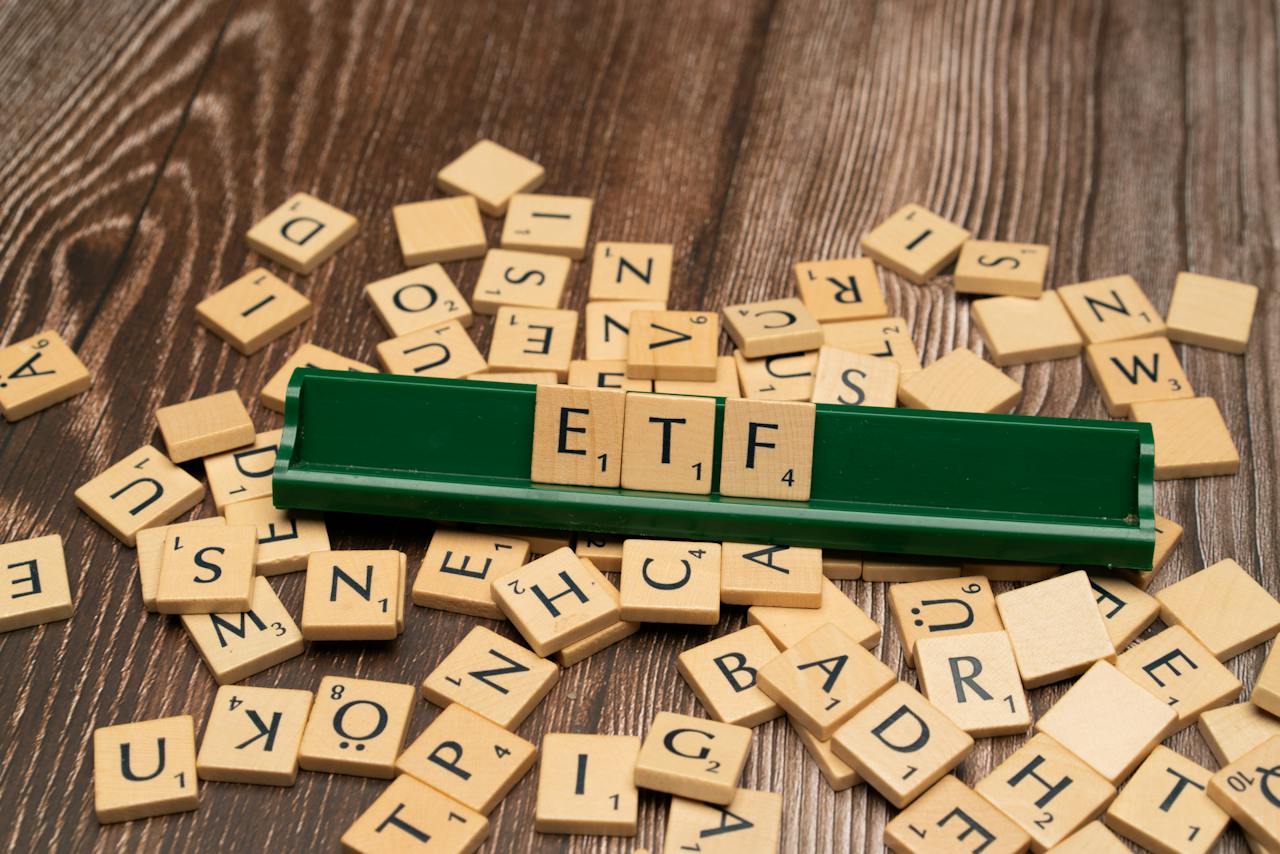Impact Investing
French Retail Investors Increasingly Interested in ESG ETFs
Over the past three years, ESG ETFs have attracted some $210 billion in inflows, compared with €234 billion for non-ESG ETFs. These ESG ETFs represent over 19% of the market, compared with 3% at the start of the decade. French investors surveyed by Invesco have adopted ETFs as a means of gaining exposure to ESG. In fact, 67% of those surveyed who invest in ESG do so at least in part via an ETF.

Socially responsible investment has exploded in recent years, driven by an increasingly insistent regulatory framework and growing investor interest in “greener” products. This appetite does not spare individual investors.
According to an Invesco survey of 1,000 French investors conducted in May 2023, 55% of those polled now claim to own sustainable/ESG financial products, representing on average more than a third (36%) of their overall portfolios. The latter pay particular attention to the environmental pillar, considered a priority by 39% of them, ahead of social (23%) and governance (19%).
Read more about the adoption of ESG ETFs by French retail investors and find the most important financial news of the day with our companion app born2Invest.
ESG ETFs now represent over 19% of the market
On the E pillar, the most popular themes are the preservation of natural resources and biodiversity (for 29% of respondents), ahead of the development of renewable energies (28%) and the prevention of pollution and waste (17%), while respect for human rights to prevent exploitative labor practices (28%), the promotion of diversity, equity and inclusion (21%) and the reduction of poverty and inequality (20%) are the most cited factors on the social dimension.
Finally, when it comes to governance, investors place particular importance on “portfolio companies encouraging appropriate compensation and benefits practices for executives” (30%), followed by a strong but collaborative approach to engagement with portfolio companies (21%) and “shareholder activism” (20%).
This momentum in favor of responsible investment shows no signs of abating, with 58% of those surveyed saying they intend to increase their ESG allocation over the next few years. ETFs could play a key role in this growth. In its study, the British fund manager focused on the growing interest of retail investors in passive strategies focused on sustainable development, against a backdrop of strong growth in these products.
Over the past three years, these products have attracted some $210 billion in inflows, compared with €234 billion for non-ESG ETFs. These ESG ETFs now represent over 19% of the market, compared with just 3% at the start of the decade, notes Invesco.
As a result, the French investors surveyed have now widely adopted ETFs as a means of gaining exposure to ESG themes. In fact, 67% of those surveyed who invest in ESG do so at least in part via an ETF. Among these ESG investors, ESG ETFs represent on average more than a third (36%) of their overall portfolios. “This indicates that when investors invest in ESG, they do so largely through ETFs,” say the authors of the study. Also, in a world where the ideal product existed, “in terms of fit with their values, fees and performance”, respondents would be prepared to allocate up to 31% of their total portfolios to it.
Another positive sign is that this interest is set to continue and even grow in the near future: 51% of investors say they intend to increase their exposure to ESG ETFs over the next three years. At the same time, 74% of those who do not currently invest in ESG ETFs say they would consider doing so. “Levels of enthusiasm vary, however: only 60% of investors with smaller portfolios (under €5,000) would intend to invest in this area, compared with 76% of investors with portfolios of over €100,000”, nuances Invesco.
In the future, this move to action could be strengthened by the removal of a number of obstacles, starting with a lack of knowledge of the options available, a reason cited by 28% of respondents as to why they do not invest in ESG ETFs, followed by a preference for an active approach to ESG (27%) and the impossibility of finding an ETF that matches their values (19%).
Conversely, a better understanding of the impacts of investments would be the factor most likely to encourage investors to increase their exposure to ESG ETFs (for 29% of respondents), ahead of the guarantee that they would provide higher returns than other investments (28%).
“The study also shows that investors need more information and knowledge about the products available to them. By far the best-known products, such as clean energy, solar energy and climate strategies, are those with a clear, easily understandable focus on the environment. By contrast, “traditional” ESG ETFs that use more specialized investment terminology tend to be less well understood: “exclusions” and “ESG momentum” were the least familiar to investors, with only 8% mastering the issues surrounding these strategies.”
These figures highlight the need for ETF providers – but also distributors – “to raise investor awareness of the potential benefits of ESG ETFs, and to make these products more accessible”, the authors continue.
“We have identified a huge growth potential for the coming years, based on the need to educate investors about ESG ETFs. Indeed, the most common barrier to investment in the sector is simply an admitted lack of understanding: in other words, a major challenge for our industry,” added Thibaud de Cherisey, Head of ETF Distribution for EMEA at Invesco, when the study was released.
__
(Featured image by Markus Winkler via Pexels)
DISCLAIMER: This article was written by a third party contributor and does not reflect the opinion of Born2Invest, its management, staff or its associates. Please review our disclaimer for more information.
This article may include forward-looking statements. These forward-looking statements generally are identified by the words “believe,” “project,” “estimate,” “become,” “plan,” “will,” and similar expressions. These forward-looking statements involve known and unknown risks as well as uncertainties, including those discussed in the following cautionary statements and elsewhere in this article and on this site. Although the Company may believe that its expectations are based on reasonable assumptions, the actual results that the Company may achieve may differ materially from any forward-looking statements, which reflect the opinions of the management of the Company only as of the date hereof. Additionally, please make sure to read these important disclosures.
First published in L’AGEFI. A third-party contributor translated and adapted the article from the original. In case of discrepancy, the original will prevail.
Although we made reasonable efforts to provide accurate translations, some parts may be incorrect. Born2Invest assumes no responsibility for errors, omissions or ambiguities in the translations provided on this website. Any person or entity relying on translated content does so at their own risk. Born2Invest is not responsible for losses caused by such reliance on the accuracy or reliability of translated information. If you wish to report an error or inaccuracy in the translation, we encourage you to contact us.

-

 Impact Investing5 days ago
Impact Investing5 days agoVernazza Autogru Secures €5M Green Loan to Drive Sustainable Innovation in Heavy Transport
-

 Cannabis2 weeks ago
Cannabis2 weeks agoCannabis Company Adopts Dogecoin for Treasury Innovation
-

 Markets10 hours ago
Markets10 hours agoRice Market Slips Amid USDA Revisions and Quality Concerns
-

 Business1 week ago
Business1 week agoLegal Process for Dividing Real Estate Inheritance
























